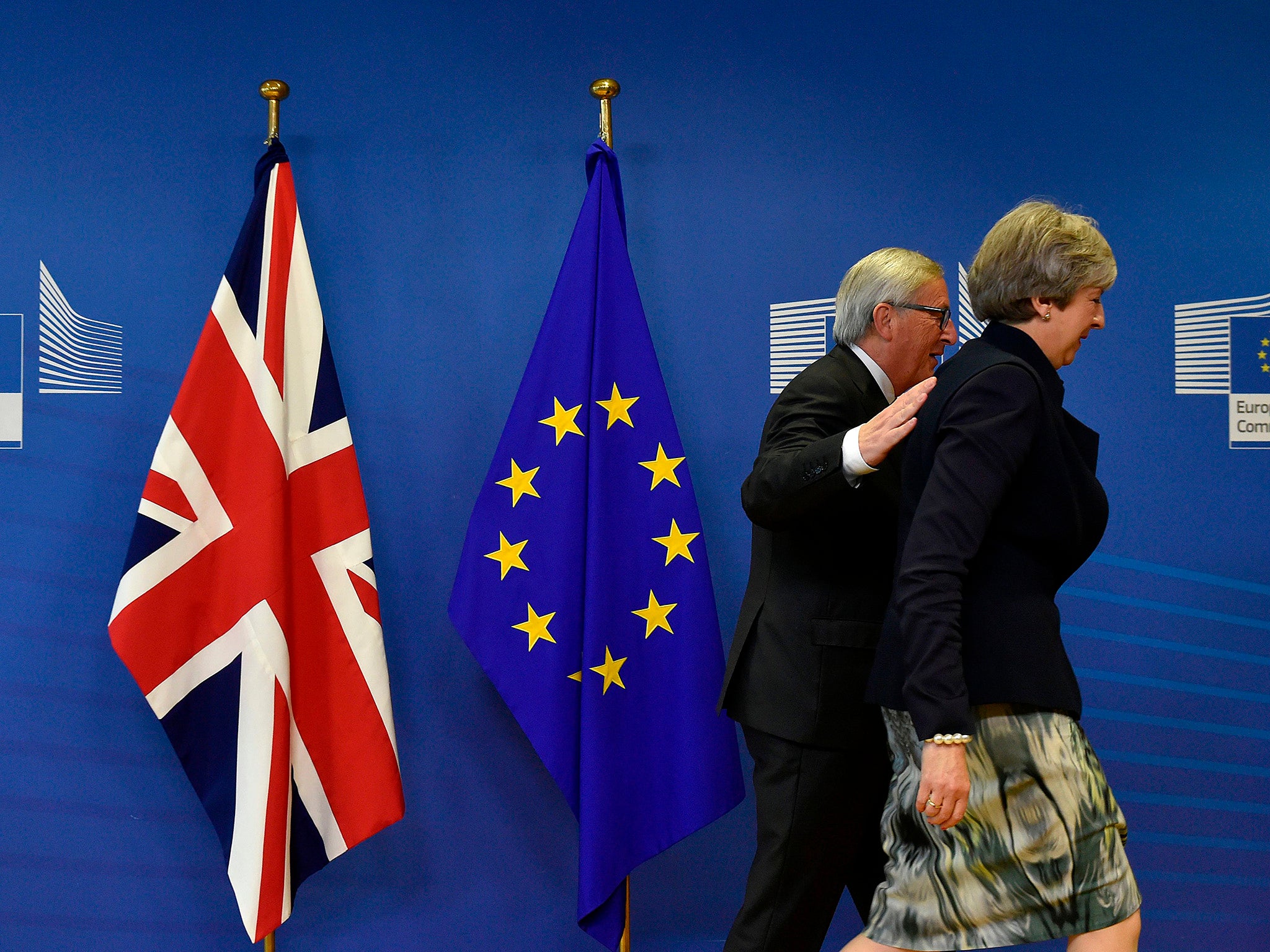Brexit jargon explained: What do 'continued regulatory alignment' and 'regulatory divergence' mean?
Terms are at the heart of discussions over the future of the Irish border

As Brexit talks get ever more detailed and intense, we explain what the jargon means.
What's the difference between "continued regulatory alignment" and "regulatory divergence"?
The word "alignment" offers a more flexible ambiguity to the sticky issue of the Irish border, which would have given London and Dublin more wriggle room to sell the idea of "frictionless" trade to their respective audiences.
It adds a looser, more EU-style fluidity to the concept of avoiding a hard border after withdrawal as "regulatory convergence" implies a stricter regime when it comes to standards and practices on both sides of the dividing line. And "regulatory divergence" suggests a clear break in some areas.
But even the "alignment" level of ambiguity was considered too strong by the DUP for them to accept, so its back to the dictionary to find a fresh form of words as the Irish Government says it will give Downing Street some space to deal with "presentational" problems.
How does phase two of talks differ from phase one?
For Remainers hoping that Brexit was just a phase, the bad news is that it is in fact two phases - and the first one was meant to be the relatively easy part.
Phase one concentrates on legacy "divorce" issues, such as the exit bill, the rights of British citizens living in the EU and those of EU nationals living here, as well as the Irish border.
Phase two is intended to hammer out a post-Brexit trade agreement between the UK and the EU27, but bloc leaders will only sign off on opening the second section of talks if they deem "sufficient progress" has been made on legacy negotiations at a summit in Brussels next week.
What is sufficient progress?
Whatever the EU insists upon, it would appear, given the sudden eagerness of London to finally wrap up phase one as exemplified by the apparent acceptance that the Brexit bill will be up to £50bn, rather than the £18bn initially indicated by Downing Street.
Some sort of role for the European Court of Justice on citizens' rights has also been talked of, along with the wordplay surrounding the Irish border issue.
Press Association
Subscribe to Independent Premium to bookmark this article
Want to bookmark your favourite articles and stories to read or reference later? Start your Independent Premium subscription today.

Join our commenting forum
Join thought-provoking conversations, follow other Independent readers and see their replies